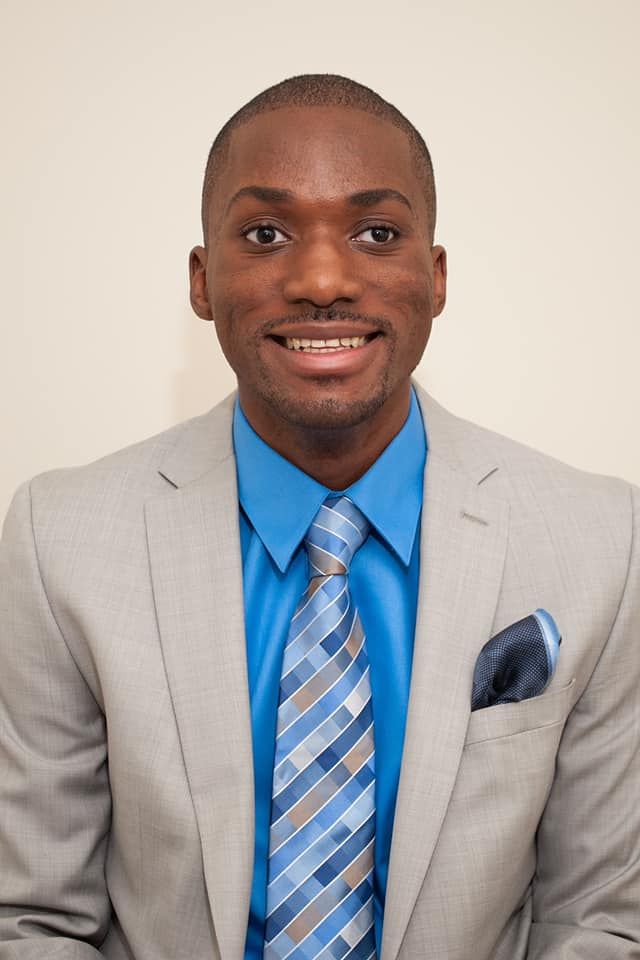More Than Able: The Perspective of a Disabled Black Man

Derrick Tuff
It’s easy to feel discouraged when you are a minority in Utah. Everywhere we go, the hope of being accepted and included weighs heavily on our minds. Many people embrace us for who we are, but some folks overlook or interact with us sympathetically. Discrimination is everywhere and unavoidable.
I am black, hard of hearing, visually impaired, and in a wheelchair. I encounter discrimination regularly. I vividly remember my first visit to City Creek Center. It was overwhelmingly big, and I got lost. I asked so many people for help, but very few people would assist me. Yet I felt – and sometimes saw – people watching me. Finally, I got the attention of a pizza delivery guy and frantically asked for help. He got the attention of someone walking by and convinced them to help me to my destination. I was blown away that it was so easy for him, and I wanted to know how I could have the same privilege of being noticed and heard.
Everyone knows about privilege. There are many initiatives in our community that aim to distribute power more equally, and this work is important. However, most of them focus on external factors to minimize discrimination, strengthen inclusion, and enhance accessibility. I’ve come to realize that power isn’t solely guaranteed by external factors; it is also influenced by our mind and character.
My experience at City Creek Center reiterated the importance of a strong character and resilience. Character is more than likable personality traits; it’s the tool that empowers us to overcome adversity. Every civil rights activist and disability advocate – past and present – demonstrates the power of having a strong character. From Dr. Martin Luther King Jr. to former Pres. Barack Obama, creativity, hope, perseverance, bravery, and so many other character traits were used to break societal barriers to equality and inclusion. We can follow their example to lead our own lives in excellence.
Character strength has enabled me to overcome rejection to achieve success. It took me five years to find my first job. Many employers were impressed with my personality and skills, but I didn’t get a job offer because they didn’t understand how to accommodate or include me in their workforce. Five years of rejection is traumatizing, and it’s a justifiable excuse to give up on your hopes and dreams. But, when you have a strong character, you remain hopeful and persevere because you refuse to let anything define or minimize your value and contribution.
After a tireless search, I received my first job at Youth Futures in Ogden Utah. They welcomed me with open arms and did their absolute best to include me. Ironically, I didn’t think I was qualified for the job, and I wasn't going to apply. But my character strength overshadowed my doubt and pushed me to believe in my ability. The beautiful thing about character is that it strengthens us when we least expect it and positions us to be confident, competent, and resilient. I know developing a strong character will empower you, too.
This year, I challenge you to find ways to develop a strong character. It will empower you to overcome discrimination and adversity – something every person with a disability experiences – in unimaginable ways. It will help you recognize the light in a dark situation. It will help you remember a truth that you should never forget; you are more than able!
Derrick Tuff is founder and president of the Georgia Resource & Advocacy Center for Empowerment inc., a nonprofit organization dedicated to empowering people with disabilities to live fulfilling lives. Tuff is also a motivational speaker and focuses on the power of personal leadership, character strength, and resilience.

